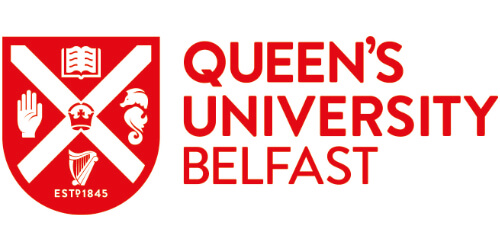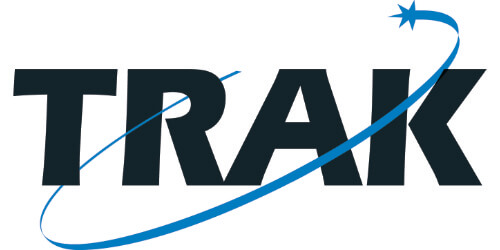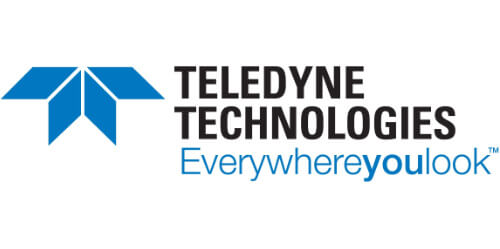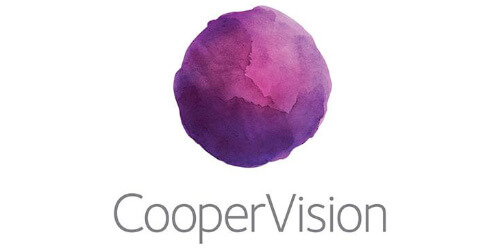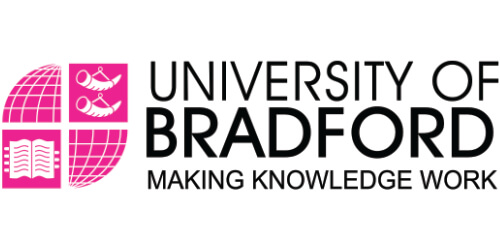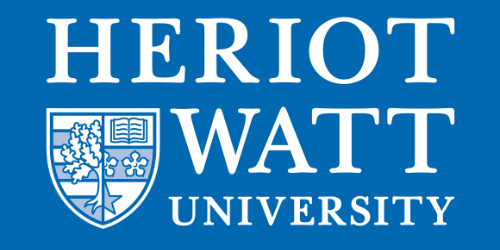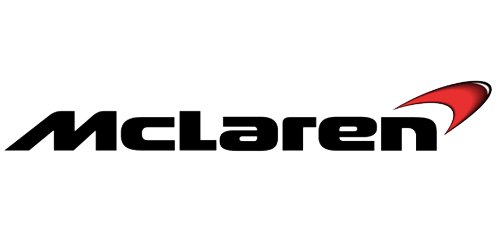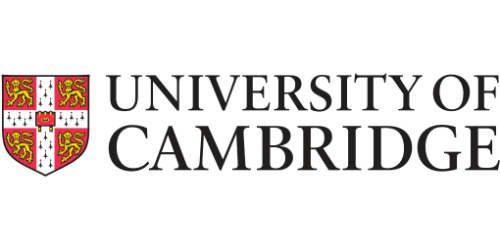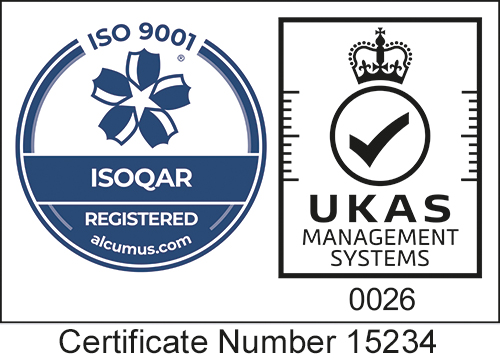Recently published research from scientists at Queen Mary University of London and GlaxoSmithKline demonstrates the complex nature of nanoscale adhesion mechanisms between polymeric biomaterials and biological samples. Henniker’s HPT-200 plasma system is used in this work to provide the clean substrate surfaces (silicon and gold) onto which a variety of polymer brushes and self-assembled monolayers (SAMs) were synthesized.
Please find the abstract below;
The physico-chemistry of adhesions of protein resistant and weak polyelectrolyte brushes to cells and tissues
[All information courtesy of https://pubs.rsc.org/ – Edward J. Cozens ab, Dexu Kong ab, Nima Roohpour c, and Julien E. Gautrot | Received 11th July 2019, Accepted 15th October 2019 | First published on 5th December 2019]

Abstract
The non-specific adhesion of polymers and soft tissues is of great interest to the field of biomedical engineering, as it will shed light on some of the processes that regulate interactions between scaffolds, implants, and nanoparticles with surrounding tissues after implantation or delivery. In order to promote adhesion to soft tissues, a greater understanding of the relationship between polymer chemistry and nanoscale adhesion mechanisms is required.
In this work, we grew poly(dimethylaminoethyl methacrylate) (PDMAEMA), poly(acrylic acid) (PAA) and poly(oligo ethylene glycol methacrylate) (POEGMA) brushes from the surface of silica beads and investigated their adhesion to a variety of substrates via colloidal probe-based atomic force microscopy (AFM). We first characterized adhesion to a range of substrates with defined surface chemistry (self-assembled monolayers (SAMs) with a range of hydrophilicities, charge and hydrogen bonding), before studying the adhesion of brushes to epithelial cell monolayers (primary keratinocytes and HaCaT cells) and soft tissues (porcine epicardium and keratinized gingiva).
Adhesion assays to SAMs reveal the complex balance of interactions (electrostatic, van der Waals interactions and hydrogen bonding) regulating the adhesion of weak polyelectrolyte brushes. This resulted in particularly strong adhesion of PAA brushes to a wide range of surface chemistries. In turn, colloidal probe microscopy on cell monolayers highlighted the importance of the glycocalyx in regulating non-specific adhesions.
This was also reflected by the adhesive properties of soft tissues, in combination with their mechanical properties. Overall, this work clearly demonstrates the complex nature of interactions between polymeric biomaterials and biological samples and highlights the need for relatively elaborate models to predict these interactions.
TO READ THE FULL PAPER CLICK HERE
REQUEST A QUOTATION OR FURTHER INFORMATION
